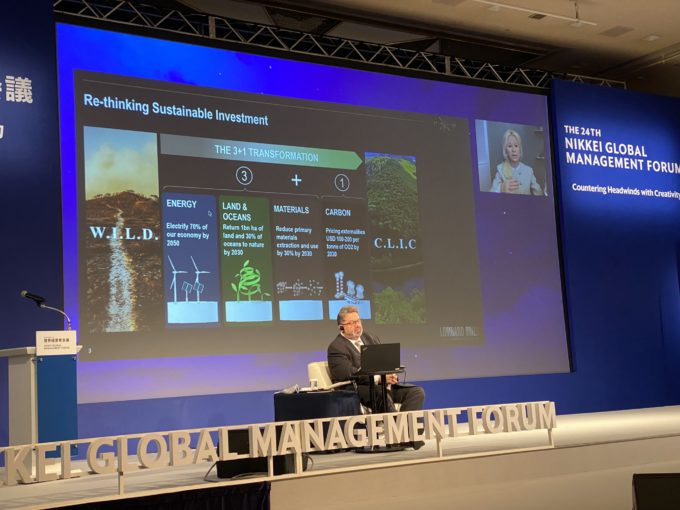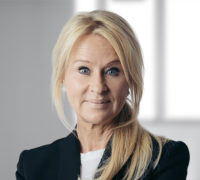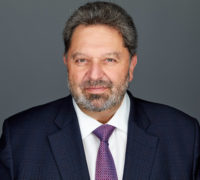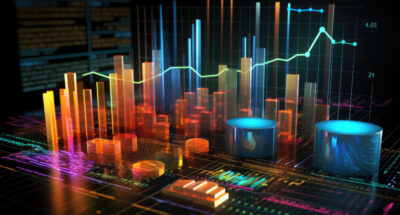In conversation with IMD’s Jean-François Manzoni at the Nikkei Global Management Forum, Lombard Odier’s Annika Falkengren talks about the challenges of aligning portfolios to net zero and investing in the transition.
The Geneva-based Swiss private banking group Lombard Odier conducts a temperature test on every portfolio investment. This involves assessing the degree of alignment of companies and portfolios with the Paris agreement adopted at the COP21 meeting in 2015 to limit global warming to 1.5 degrees Celsius compared with pre-industrial levels by 2030.
“By far the biggest challenge for us is to show that our portfolios and our clients are starting to get aligned,” the group’s managing partner Annika Falkengren said during a conversation with IMD President Jean-François Manzoni at the 24th Nikkei Global Management Forum.
“To get to the promise of 1.5 degrees for 2030 – or at least 2050 at the latest – is very difficult,” she said, adding that it is easy to promise but operationally “will demand changes from all of us”.
It is something that Lombard Odier has been considering for years. In 2019, it was the first global wealth and asset management firm to be awarded a B Corp certification, an international award given to for-profit companies for their social and environmental performance.
Control of Scope 1 and Scope 2 emissions – those that a company makes directly from fuel used to heat its buildings or the energy it purchases – is comparatively straightforward. However, Falkengren said Scope 3 emissions (those connected with a company but outside its direct control) were “difficult to capture”.
“They include the supply chain, product emissions, waste management, how all the employees come to work, and corporate travel,” she said, explaining that the goal is to develop a plan in all these areas for tangible measures that employees can take responsibility for.
Moving targets
The goal is far from straightforward. Not only is there what Falkengren called “a period of deep uncertainty at the European level”, companies are also coping with the economic aftermath of the COVID-19 pandemic, the war in Ukraine, an energy crisis, and geopolitical tensions, as well as fears of recession and inflation. On top of that, even if the sustainability challenge is “the most significant economic transformation in history”, it is also what she called “a moving target”.
A lack of global standards is not helping, nor indeed are many of the current ways of rating the environmental, social, and governance (ESG) scores of companies.
“You have to be aware that ESG is a measurement at a time when you are looking backwards,” she said. “It’s not telling you at all if you are a company that is investing for the future and how good you will look in the future.”

Audio available






